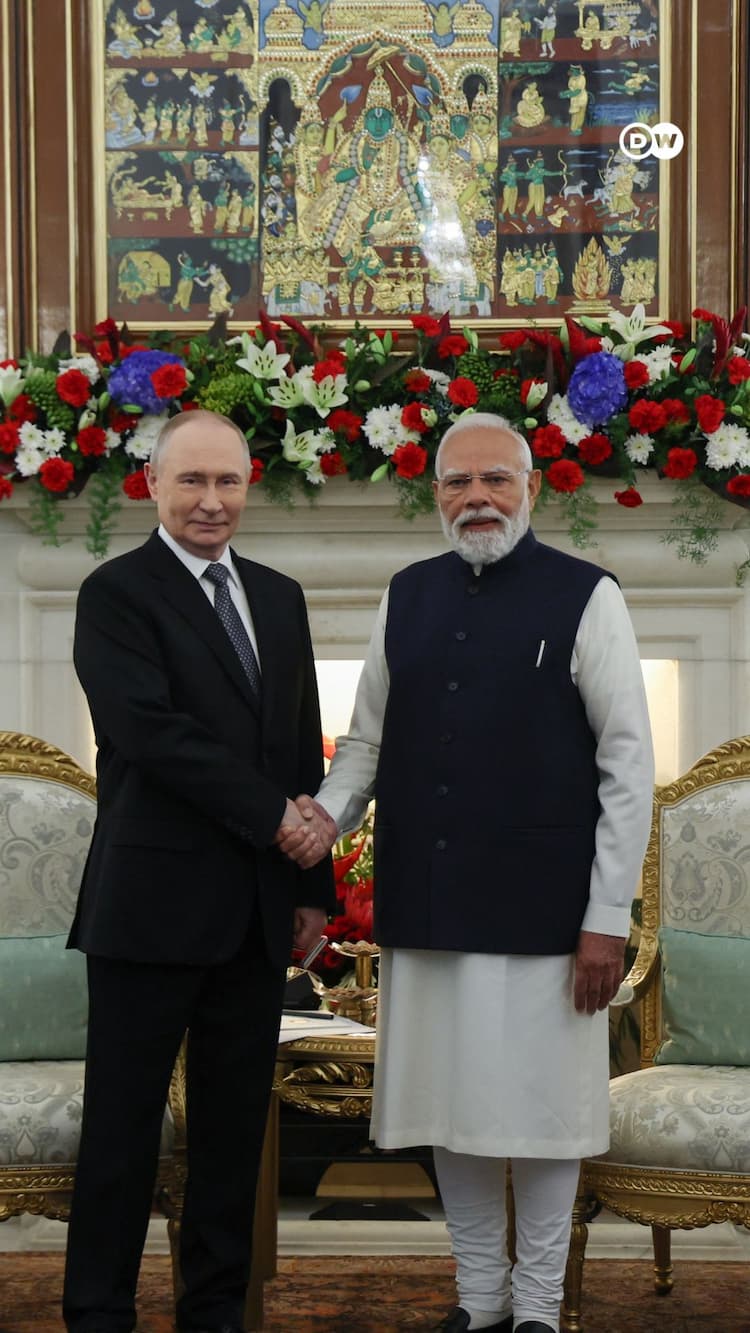Why Trump's tariff threat for Russian oil buyers should worry India, China
Frustrated with the slow pace of negotiations to end Russia’s war in Ukraine, US President Donald Trump has issued a bold ultimatum to Moscow. In a recent statement, Trump announced that he would impose heavy tariffs of 25% to 50% on Russian oil if peace talks do not make progress within a month. These tariffs could directly affect countries like India and China, which have continued to purchase Russian oil despite international sanctions.
Trump’s hard-hitting threat comes as negotiations to end the more than three-year conflict stall. Speaking about the situation on Sunday, Trump said, “If Russia and I are unable to make a deal on stopping the bloodshed in Ukraine, and if I think it was Russia’s fault... I am going to put secondary tariffs on all oil coming out of Russia.” The president explained that any country purchasing Russian oil would face the tariffs, cutting off their ability to do business in the US.
India and China are two of the few countries that have kept their trade relations with Russia intact. In fact, India has surpassed China as the largest buyer of seaborne Russian crude oil, which now makes up about 35% of its total crude imports. While these countries have not supported sanctions against Russia, Trump’s tariffs could force them to reconsider their dealings with Moscow.
Trump’s administration sees these tariffs as a way to reduce Russia’s oil revenue, which continues to fuel its ongoing war efforts. By targeting Russian oil, the White House hopes to apply pressure on Putin and push for a quicker resolution to the conflict. Trump has long advocated for a swift end to the war, and his frustration is growing as peace talks have yet to deliver results.
While Trump maintains that he has a “very good relationship” with Russian President Vladimir Putin, he made it clear that his patience is wearing thin. "Putin knows I’m angry with him,” Trump said, adding that his anger "dissipates quickly" if Putin makes the right choices. However, recent actions by Putin, including rejecting a proposed US-Ukrainian 30-day ceasefire and suggesting the removal of Ukrainian President Zelensky from office, have further complicated efforts for peace.
As the deadline for a potential ceasefire draws near, the world watches closely. If Trump follows through with his threat, it could have major economic and geopolitical consequences, especially for countries like India and China, who are caught between their trade ties and the growing international pressure to act.









